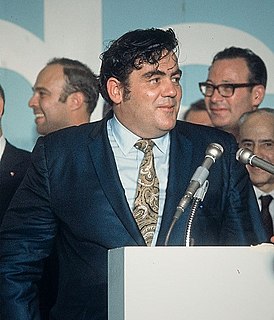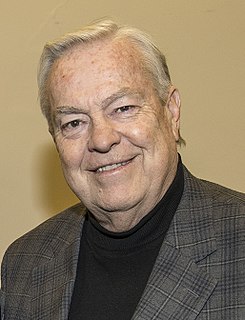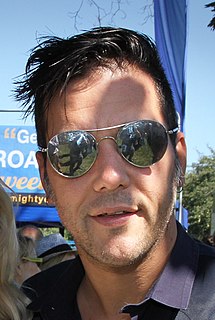A Quote by Sharyl Attkisson
Yes, there's still much good journalism to be found, if you know where to look. Yet, ask reporters who've been around a while, and many will tell you that a lot of good journalism is being left unpublished.
Related Quotes
I've had a lot of fun, and when I talk to kids in journalism schools, I say, look, I know what the journalism teachers tell you that this is a great way to perform public service and all that, but I say the main reason, if you decide what you want to do is be a reporter, the main reason you want to do it is because it's just so much fun.
Anyone who does investigative journalism is not in it for the money. Investigative journalism by nature is the most work intensive kind of journalism you can take on. That's why you see less and less investigative journalism at newspapers and magazines. No matter what you're paid for it, you put in so many man-hours it's one of the least lucrative aspects of journalism you can take on.
I got in journalism for any number of reasons, not least because it's so much fun. Journalism should be in the business of putting pressure on power, finding out the truth, of shining a light on injustice, of, when appropriate, being amusing and entertaining - it's a complicated and varied beast, journalism.
I want to help clean up the state that is so sorry today of journalism, and I have a communications degree. I studied journalism -- who, what, where, when, and why -- of reporting. I will speak to reporters who still understand that cornerstone of our democracy, that expectation that the public has for truth to be reported. And then we get to decide our own opinion based on the facts reported to us.
Journalism schools are good to get a job, but I don't know what else they are good for. I don't like the word "journalism" to begin with. It's news reporting, and that consists of using your two feet. The only lesson, then, that you could give people is how to climb stairs, because there are no stories on the first floor.
Journalism continues to go south, thanks to big media and its strangulation of news, and there's not much left in the way of community or local media. Add to that an internet that has not even started thinking seriously about how it supports journalism. You have these big companies like Google and Facebook who run the news and sell all the ads next to it, but what do they put back into journalism? It isn't much.
I respect journalism. I was always very aware of journalism from a very broad point of view, but I'd say my baptism by fire was doing the Donald Margulies play Time Stands Still. That for me was a real education because I spent a lot of time with some incredible journalists, war reporters particularly - Bob Woodruff, Dexter Filkins - people who were very helpful in painting the picture for me and reading the accounts of people and what they experienced, a lot of PTSD.
I want to set up a new standard: ‘scientific journalism.’ If you publish a paper on DNA, you are required, by all the good biological journals, to submit the data that has informed your research—the idea being that people will replicate it, check it, verify it. So this is something that needs to be done for journalism as well. There is an immediate power imbalance, in that readers are unable to verify what they are being told, and that leads to abuse.

































